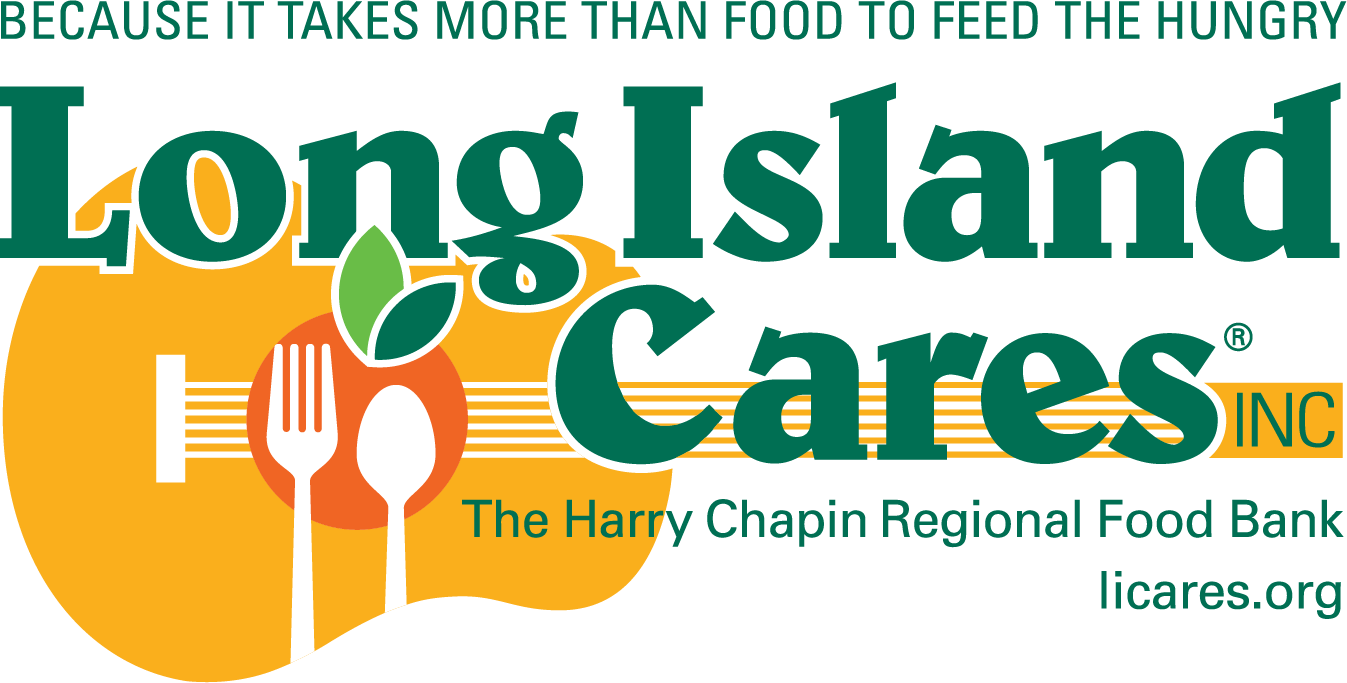No Kid Should Go to Bed Hungry
by: Rebecca Margolin
Do you know what it’s like to go to bed hungry? To fall asleep in class or to be embarrassed by the sound of your stomach growling? To be scared that once you leave school on Friday afternoon, you don’t know when you will have your next meal? You may not know what it’s like to go to bed hungry, but that is the reality for 68,000 children on Long Island.
Childhood is a crucial time, a formative period in someone’s life. We all know children need food to be able to grow and develop, both socially and cognitively. But because 39% of our children are food insecure, their development could be stunted. Lack of proper nutrition can lead to brain damage and can also impair cognitive, social, and learning development, potentially leading to brain damage.
We as a society have the power to shape the new generation and erase the stigma around food insecurity. So many children know the shame that comes with being the “poor kid,” having to rely on school lunches. However, in the wake of the pandemic, this is the reality for 30 million children all over the US. Students should not have to choose between going hungry and protecting their reputation among their peers. We need to teach our children to stop “lunch shaming” others and encourage them to ask for help instead of struggling in silence.
As adults, we have a lot on our plate. Let’s help put food on the plates of our kids. From shaping new legislation to simply teaching our children to be more accepting of those in need, there is so much more we can do to make the future brighter for our children. No kid should go to bed hungry.
Learn more about our Youth Programs and services offered to children.
